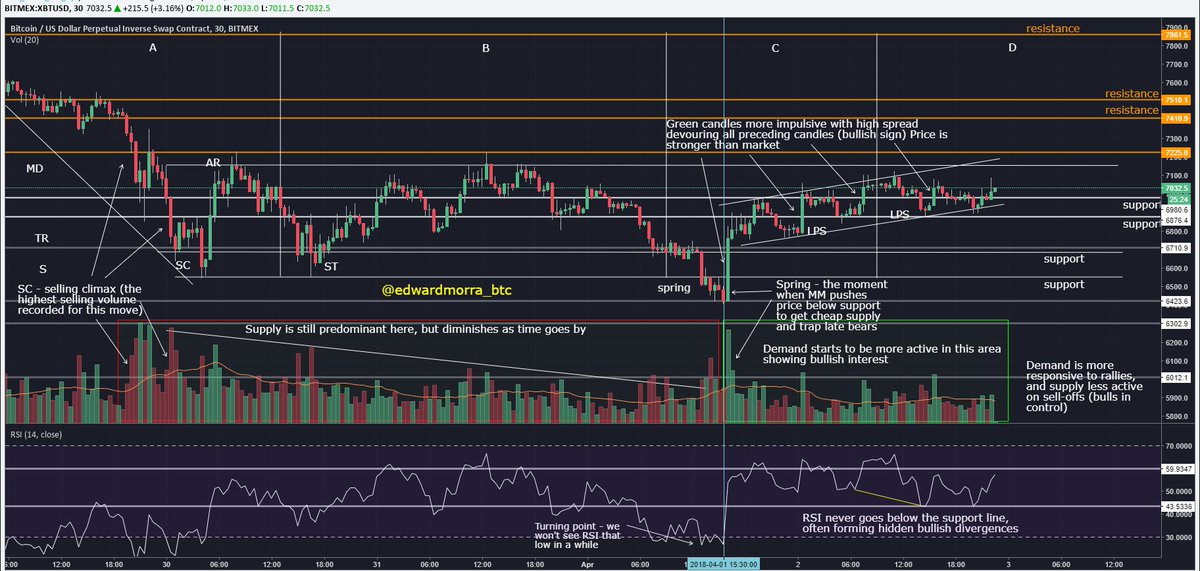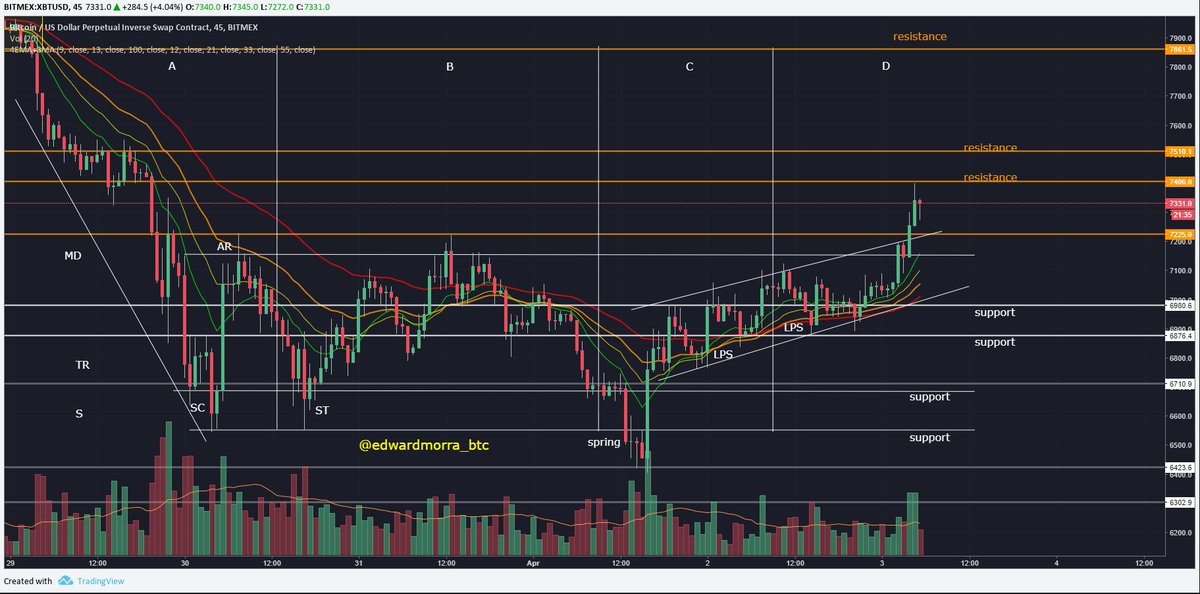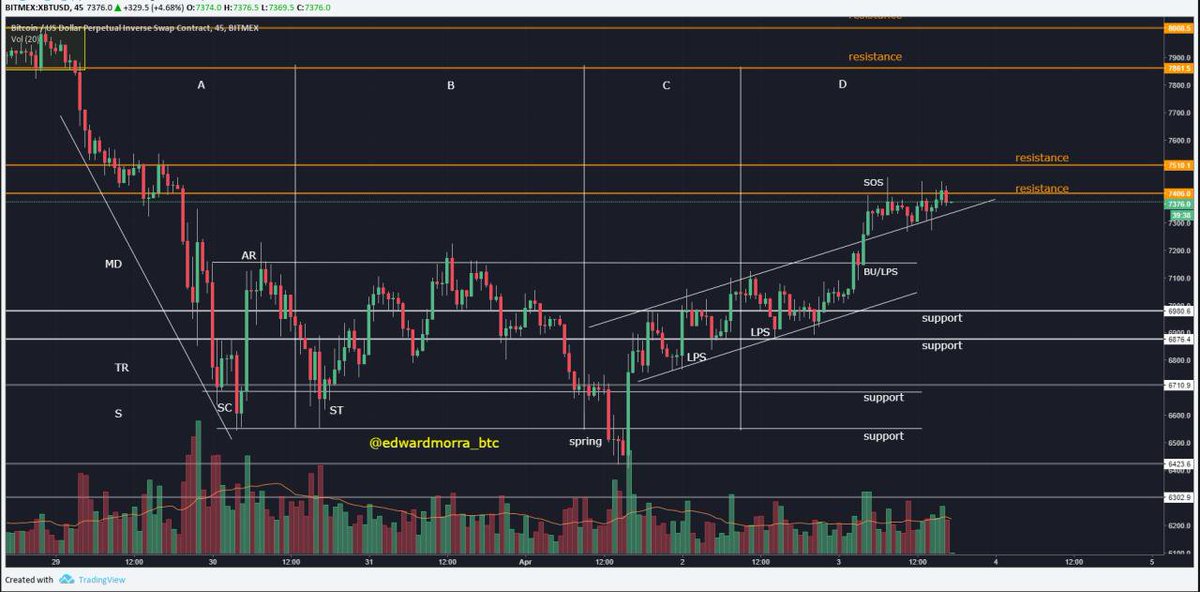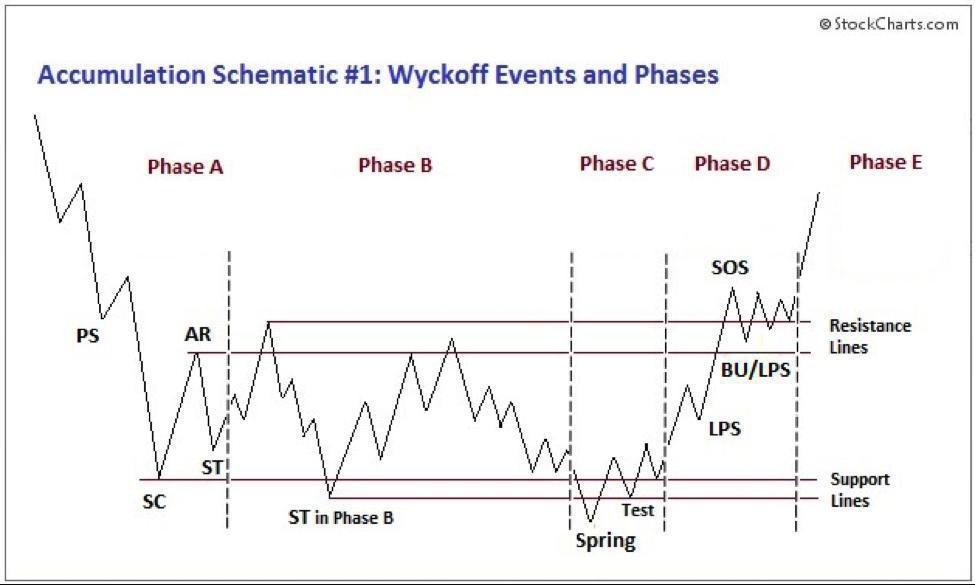The Winklevoss ETF was intended to do the following:
* ETF would hold spot BTC bought via Gemini.
* NAV would be based on Gemini's daily auction.
* Each share was set to be worth 0.01 BTC.
- SEC believes the spot market has too much potential for manipulation.
- States that only using Gemini isn't good enough & that it's too low volume/liquidity.
- Says that: "(No) current trading venue in the worldwide bitcoin spot market is a regulated market."
Winklevoss ETF was accessible to retail b/c it was set to 0.01 BTC per share, making it less likely to be approved.
The VanEck proposal sets each share to be worth 25 BTC -- thus restricting access.
The VanEck proposal is more advanced than this using OTC markets for the NAV & incorporating multiple exchanges into it.
A claim that spoofing doesn't occur:
'Both the Overdahl Letter and the Lewis Letter contend that bitcoin markets are not subject to “spoofing,” a manipulative quoting strategy'
"One recent academic paper examined whether the growth of the circulating supply of Tether through new issuances is primarily driven by investor demand, or is supplied to investors as a scheme to profit from pushing cryptocurrency prices up."









